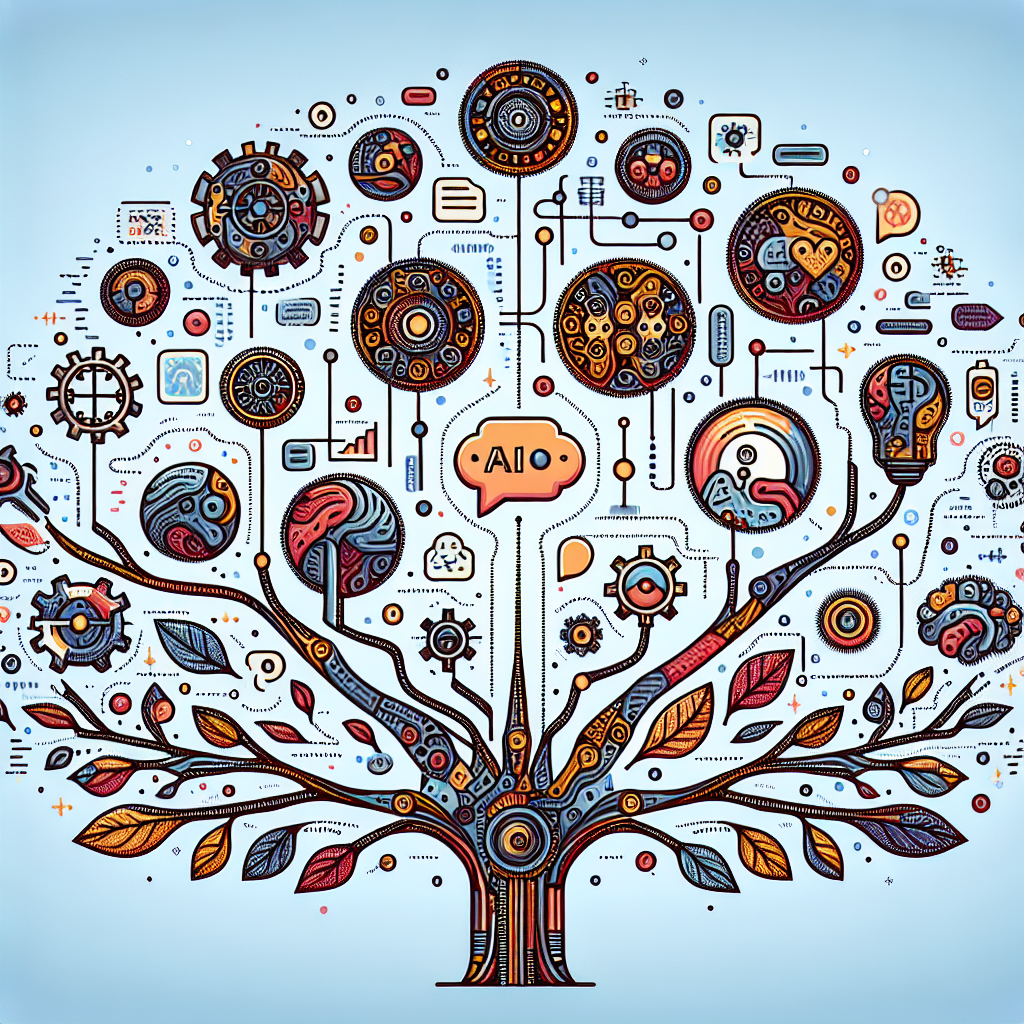Artificial Intelligence (AI) has become an integral part of many industries, revolutionizing the way businesses operate and interact with customers. AI platforms are the backbone of AI technology, enabling organizations to harness the power of AI to drive innovation and efficiency. However, with the rapid advancements in AI technology, it can be overwhelming to understand the different types of AI platforms available in the market. In this article, we will explore the various types of AI platforms and how they can be leveraged to enhance business operations.
Types of AI Platforms
1. Machine Learning Platforms:
Machine learning platforms are one of the most common types of AI platforms used by businesses. These platforms use algorithms to analyze data, learn from it, and make predictions or decisions based on the data. Machine learning platforms can be used for a variety of applications, such as predictive analytics, image recognition, and natural language processing. Some popular machine learning platforms include Google Cloud Machine Learning Engine, Amazon SageMaker, and Microsoft Azure Machine Learning.
2. Deep Learning Platforms:
Deep learning platforms are a subset of machine learning platforms that use artificial neural networks to simulate the way the human brain works. Deep learning platforms are particularly adept at handling unstructured data, such as images, videos, and text. These platforms are commonly used for applications such as speech recognition, autonomous driving, and facial recognition. Some popular deep learning platforms include TensorFlow, PyTorch, and Keras.
3. Natural Language Processing (NLP) Platforms:
NLP platforms are designed to analyze and understand human language in a way that computers can comprehend. These platforms are used for applications such as sentiment analysis, chatbots, and language translation. NLP platforms use algorithms to process and interpret text data, enabling businesses to extract insights and automate tasks that involve natural language. Some popular NLP platforms include IBM Watson, Google Cloud Natural Language Processing, and Microsoft Azure Text Analytics.
4. Computer Vision Platforms:
Computer vision platforms are AI platforms that specialize in analyzing and interpreting visual data from images or videos. These platforms are used for applications such as object detection, facial recognition, and image classification. Computer vision platforms use algorithms to process and understand visual information, enabling businesses to automate tasks and extract insights from visual data. Some popular computer vision platforms include OpenCV, TensorFlow Object Detection API, and Amazon Rekognition.
5. Robotics Platforms:
Robotics platforms are AI platforms that enable businesses to develop and deploy robotic systems that can perform tasks autonomously. These platforms combine AI algorithms with robotics technology to create intelligent machines that can interact with the physical world. Robotics platforms are used in various industries, such as manufacturing, healthcare, and logistics. Some popular robotics platforms include ROS (Robot Operating System), RPA (Robotic Process Automation), and NVIDIA Jetson.
FAQs:
Q: What are the benefits of using AI platforms in business?
A: AI platforms can help businesses automate repetitive tasks, improve decision-making, enhance customer experiences, and drive innovation. By leveraging AI technology, businesses can gain a competitive edge and unlock new opportunities for growth.
Q: How can businesses choose the right AI platform for their needs?
A: When choosing an AI platform, businesses should consider factors such as the specific use case, technical requirements, scalability, and budget. It is important to evaluate the features and capabilities of different AI platforms to determine which one best suits the business needs.
Q: Are AI platforms easy to implement and integrate with existing systems?
A: The ease of implementation and integration of AI platforms can vary depending on the platform and the complexity of the use case. Some AI platforms offer pre-built models and APIs that make it easier to deploy AI solutions, while others may require more customization and technical expertise.
Q: How can businesses measure the ROI of AI platforms?
A: Businesses can measure the ROI of AI platforms by tracking key performance indicators (KPIs) such as cost savings, efficiency improvements, revenue growth, and customer satisfaction. It is important to set clear goals and metrics to evaluate the impact of AI technology on business outcomes.
In conclusion, AI platforms are essential tools for businesses looking to harness the power of AI technology to drive innovation and efficiency. By understanding the different types of AI platforms available in the market, businesses can make informed decisions about which platform best suits their needs and goals. Whether it is machine learning, deep learning, natural language processing, computer vision, or robotics, AI platforms offer a wide range of capabilities that can transform the way businesses operate and interact with customers. As AI technology continues to evolve, businesses that embrace AI platforms will be better positioned to thrive in the digital economy.

